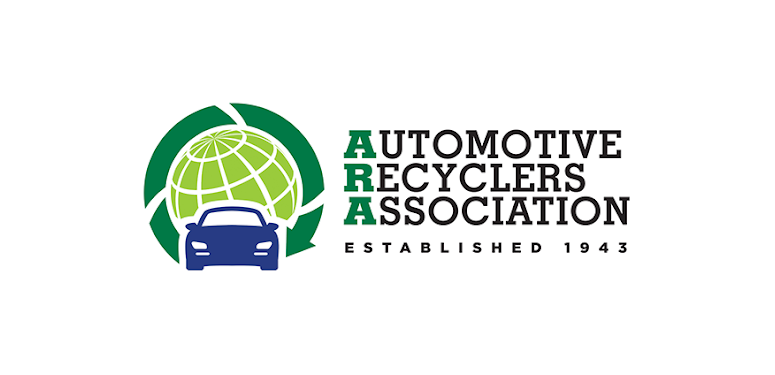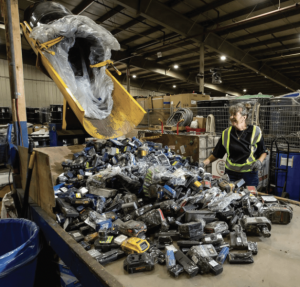Washington, D.C. — Last week, the United States-based Automotive Recyclers Association provided the U.S. Environmental Protection Agency with a framework to promote the reuse, repurposing and recycling of electric vehicle batteries.
“As the main recipient of end-of-life vehicles, automotive recyclers are the largest collective owners of end-of-life lead acid, nickel metal hydride, and lithium-ion vehicle batteries. Automotive recycling preserves natural resources, reduces the demand for scarce landfill space, and plays an important role in reducing air and water pollution,” wrote the ARA in its 165-page framework. “The ARA have long been leaders in creating a circular economy as it relates to the processing and recycling of critical materials for new manufacturing applications.”
In response to the Environmental Protection Agency’s request for information, the ARA provided information in the areas of:
- Suggestions on the Scope and Prioritization of the Battery Collection Best Practices
- What battery types and chemistries have caused concerns when disposed of improperly?
- What types of battery handlers in the reuse and recycling system should be included in the best practices for the collection of batteries for recycling?
- What are the recycling markets for batteries? Which battery types/chemistries serve as feedstock into manufacturing new batteries?
- Do any communication materials exist on evidence-based battery collection practices?
- Understanding the Battery Collection and Recycling System
- What are the barriers to recycling and reuse of batteries?
- What businesses serve as sorters and/or reuse and repair facilities?
- Information on Battery Labeling Guidelines
- What should be the goals of developing voluntary labelling guidelines for batteries?
- What information should be included on the label to achieve those goals?
- Where should a label be placed (on battery, on device, on packaging, in story, or other location?)
“The ARA looks forward to continuing its work with the government to create a more circular economy,” wrote the organization.


























